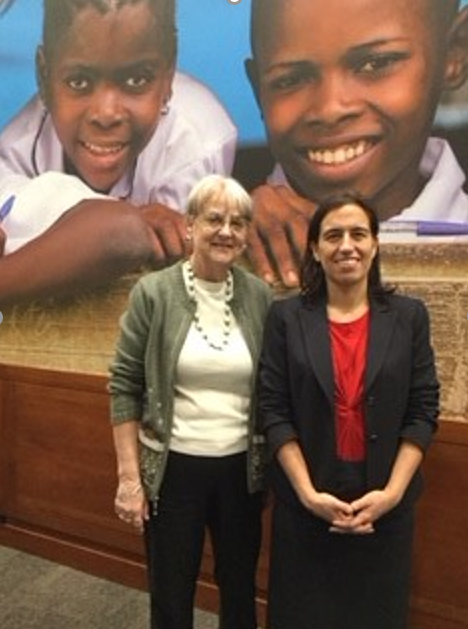Everyone Has a Right to Access to Information: IFLA Presents Research on Libraries’ Actions for Accessibility at the UN
23 December 2017
With or without a formal mandate to do so, libraries are dedicated to providing services to all of their communities. For people with disabilities, who risk otherwise finding themselves excluded and on the wrong side of the development divide, this role is particularly important.

IFLA has been invited to participate in the UN project on Monitoring and Evaluating Disability-inclusive Development. This, taking the Sustainable Development Goals as a starting point, aims to show how disability concerns can be covered in broader development strategies.
With it already clear that providing access to information, and in particular libraries, is key to making for inclusive and sustainable development, IFLA therefore surveyed its members to establish whether libraries had policies – or programmes – in place. The results were presented in New York, at a meeting on 13-15 November by Nancy Bolt, a member of the Section on Library Services to People with Special Needs.
The survey underlined that while only 43% of public libraries, for example, had specific policies to ensure accessibility for all – and fewer still had dedicated budgets – well over three quarters provided services, resources and physical access aimed at helping people with disabilities. The commitment of libraries to serving these populations was clear from comments shared.
The potential to progress further, with dedicated resources and policies in place, is great. IFLA looks forward to sharing further lessons from this work, and identifying how libraries can work with other actors to maximise access to information for all.